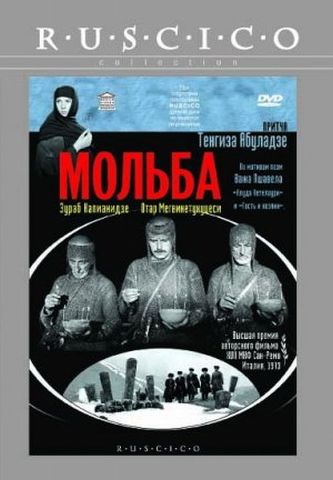
comment from imdb
A masterpiece that demands detailed study
It's like Bergman and Kurosawa went to Georgia and decided to do Shakespeare together in the mountains. I've seen this film several times and there's much I still haven't grasped. It's not an intellectual problem, but a cultural one...VEDREBA seems so deeply embedded in Georgian history that it's nearly impossible for an outsider to find a way in.
The film is based entirely on the poetry of Vazha Pshavela, and I believe every line of "dialogue" is lifted directly from his poems. From what I can gather, the "story" concerns a soldier who, after feeling guilty about killing an enemy, becomes an outcast from whatever group he belongs to, then has visitations from both God and the devil who give him visions of the future (or perhaps one possible future). A full understanding of the film would seem to require knowledge of all the different groups of people living in the mountains of ancient Georgia, as well as a basic grasp of several various rituals. For instance, I have no idea what the significance of the main character beheading another man's bull was, nor do I understand why, when said bull-owner calls for the lead to be killed, several other people began extinguishing candles in bowls of sheep's blood.
But despite my perpetual lack of complete understanding, the opinion I'm leaning towards is that this is a long-overlooked masterpiece. The performances simply erupt with power, and the poetry, even from what I'm sure is a far-less-than-ideal translation, is amazing. (And if you ever get a hold of it, I recommend turning the subtitles off for at least one viewing -- the sound and rhythm of the words are absolutely mesmerizing, even if you have no idea what they mean.) And Abuladze's work is so strange -- every shot is terribly interesting, especially when he plays around with focus.
Yes, this is indeed a great and powerful film. It continues to perplex me, but after watching it I feel as if I've read an epic poem, and I want to study it as such. I think it absolutely deserves that sort of continued attention.
The film's title has several translations in English: THE PLEA, THE PRAYER, THE ENTREATY, THE SUPPLICATION...I even read one article where it was referred to as THE ENCOUNTER. I am not sure what the Russian title, MOLBA, really means, but a Georgian friend informs me that the Georgian title, VEDREBA, implies a specific type of prayer in which something is begged of God. "Deep spiritual begging" was the simplest way she described it. In this case, the warrior (and the poet -- they are one and the same in this film) is asking God to give him a sense of purpose again, some sign that there is good in the world worth fighting for. This is at least the message I have gleaned from the film.
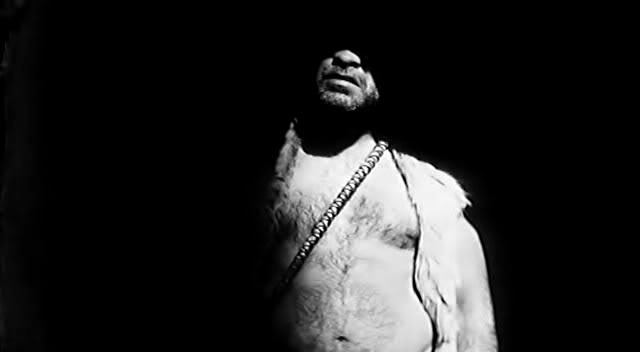







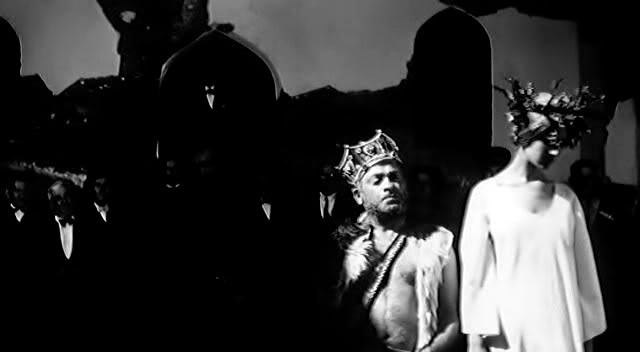


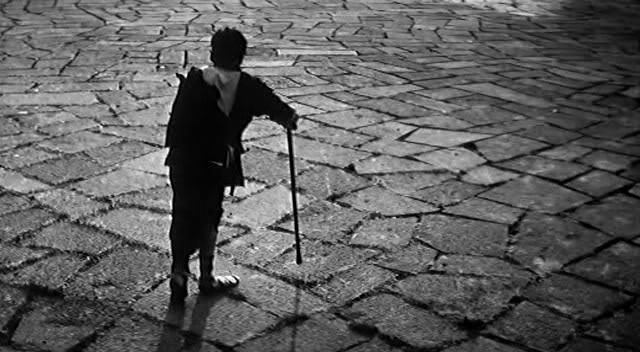
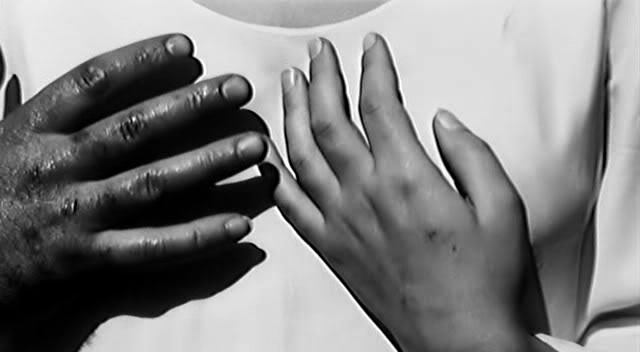
http://www.nitroflare.com/view/7CC8096972FAD18/Vedreba.Tengiz_Abuladze.1977.avi
http://www.nitroflare.com/view/47192F8FA68A7BF/Vedreba.Tengiz_Abuladze.1977.srt
http://keep2s.cc/file/770c970f3c776/Vedreba.Tengiz_Abuladze.1977.avi
http://keep2s.cc/file/35266d876b86f/Vedreba.Tengiz_Abuladze.1977.srt
http://rapidgator.net/file/a3bdec526105bb1c686620e96d4e0710/Vedreba.Tengiz_Abuladze.1977.avi.html
http://rapidgator.net/file/b75f76868c143d354d967aa8e4d1fe40/Vedreba.Tengiz_Abuladze.1977.srt.html
Language:Russian
Subtitles:English